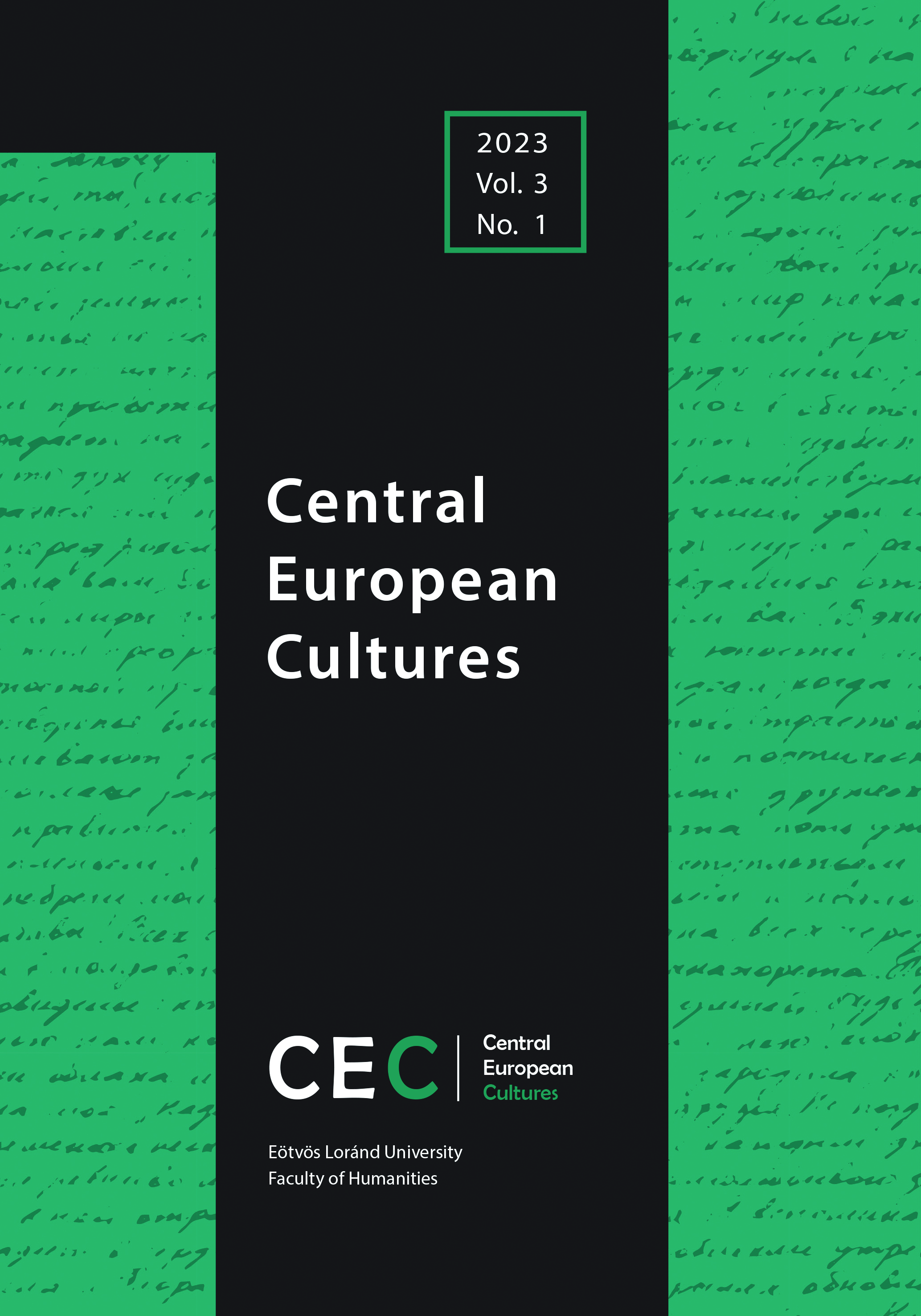The Possibilities of Plant Vocalization: Attila József’s “Trees” [Fák] and Lőrinc Szabó’s “In the Black Forest” [A Fekete Erdőben]
Published 2023-08-24
Keywords
- modern poetry,
- metapoetics,
- biopoetics,
- plant vocalization,
- Lőrinc Szabó
- Attila József,
- Percy Shelley,
- Charles Baudelaire,
- George Meredith ...More
How to Cite
Copyright (c) 2023 Author(s)

This work is licensed under a Creative Commons Attribution-NonCommercial 4.0 International License.
Abstract
The poetic possibilities of plant vocalization take new directions in the poetry of Lőrinc Szabó and Attila József, feeding on the traditions of romantic and modern poetry, but also renewing them, as we see in the translations and reading methods. They come into contact with the poems of Percy Shelley, Charles Baudelaire, and George Meredith. The study focuses on two poems: Attila József’s “Trees” [Fák] and Lőrinc Szabó’s “In the Black Forest” [A Fekete Erdőben] contextualized with other poems in the oeuvre, the antecedents of the poetic forms, and the comparative influences. In the case of “Trees”, plant thinking and biological operations are paralleled, creating the sound effects of the poem together; in the poem “In the Black Forest”, the equivalence of human and plant life is emphasized through sensual-poetic communication.

